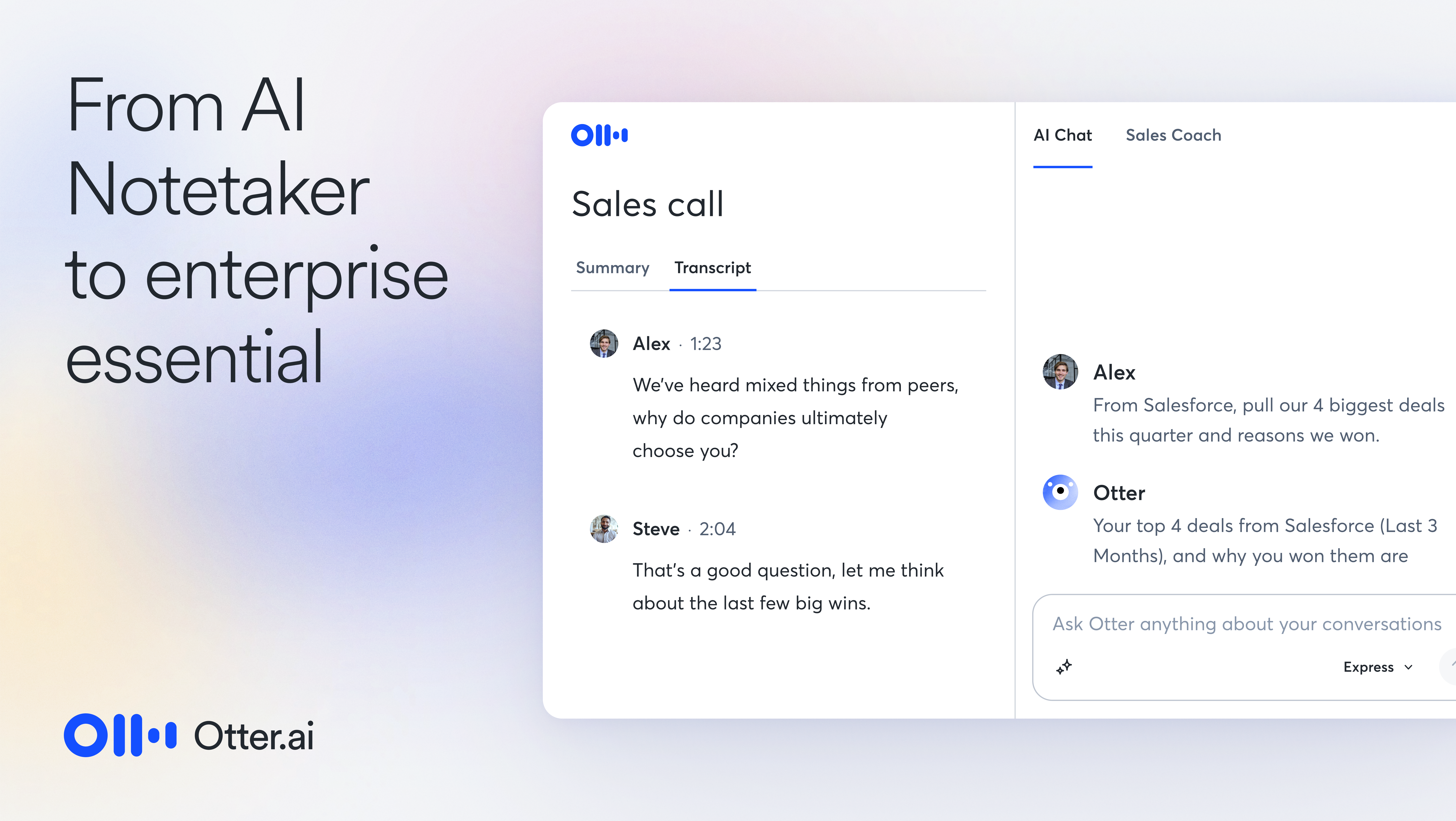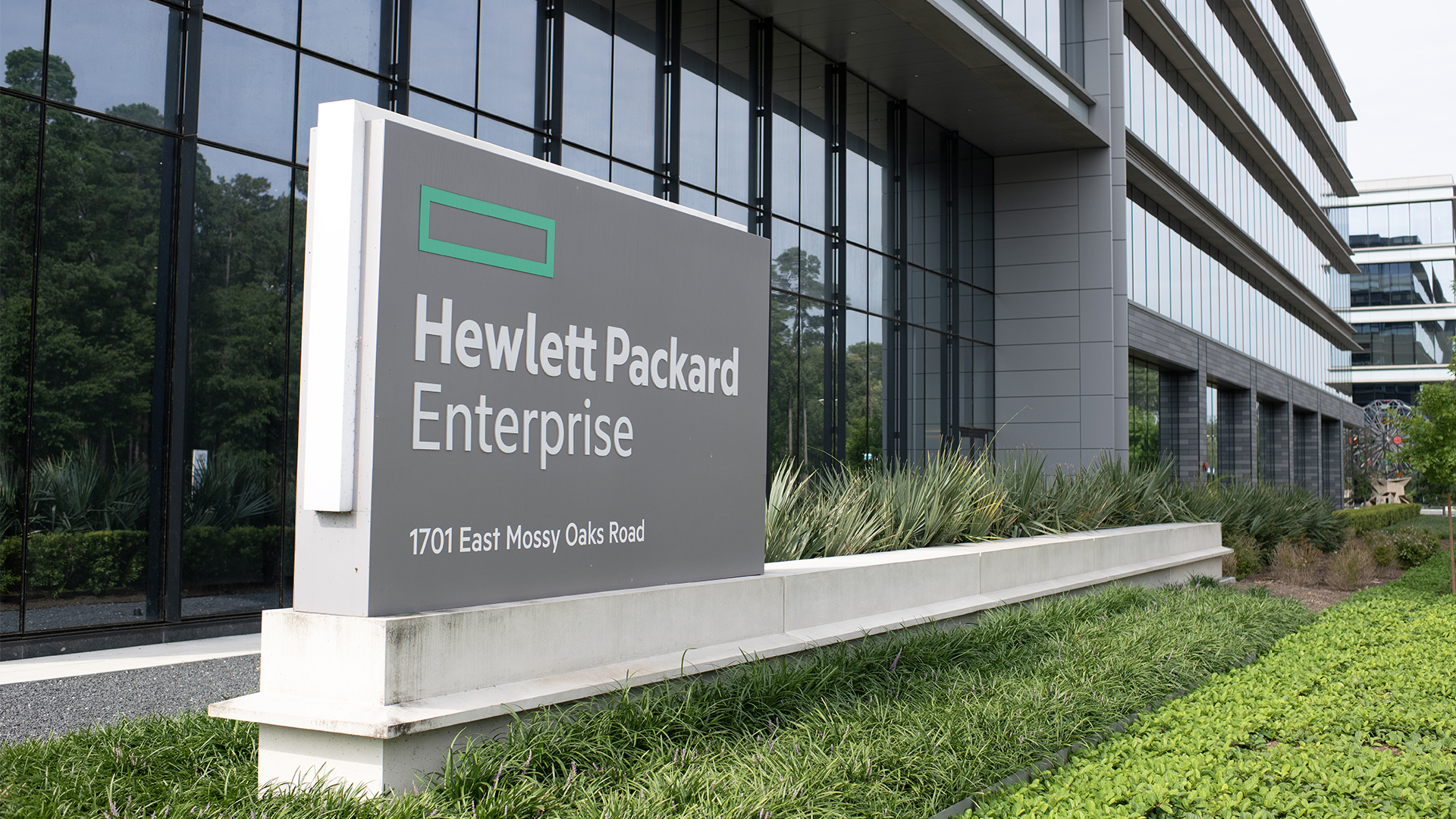Businesses finding it hard to distinguish real AI from the hype, report suggests
An Ernst & Young survey finds that CEOs are working to adopt generative AI, but find it difficult to develop and implement


Sign up today and you will receive a free copy of our Future Focus 2025 report - the leading guidance on AI, cybersecurity and other IT challenges as per 700+ senior executives
You are now subscribed
Your newsletter sign-up was successful
UK CEOs are worried that if they don't adopt generative AI, they'll lose their competitive advantage – but say they're facing challenges in doing so.
According to Ernst & Young's latest CEO Outlook Pulse survey, three-quarters believe their organisation must act now on generative AI to avoid giving their competitors a strategic advantage.
Most are already doing so, with 54% saying they've hired new talent with relevant AI skill sets, and 42% having established AI pilots and partnerships.
And while 68% said uncertainty around the technology is creating challenges for adoption, 99% are planning significant capital investments in generative AI in the next 12 months, with 51% funding investments by reallocating capital from other investment budgets.
Three in ten, though, said they were concerned about the risk of deploying AI in their organisation. And they're finding it hard to distinguish AI hype from genuine expertise: more than three-quarters said they'd seen a sharp increase in companies claiming to be experienced in AI, and that this was making it harder to identify those that are credible.
There's a level of over-optimism amongst many. Two-thirds of companies that have already experienced a significant impact from generative AI say they expect that it will redefine their entire business and operating model in two years or less – an impact, says EY, that's a good deal harder to achieve than early wins in revenue or efficiency.
Meanwhile, surprisingly perhaps, it appears that the companies most in need of gains from AI – those anticipating declining revenue growth in 2024 compared with this year – are the furthest behind on adopting AI and the least likely to be increasing investment.
Sign up today and you will receive a free copy of our Future Focus 2025 report - the leading guidance on AI, cybersecurity and other IT challenges as per 700+ senior executives
"UK CEOs clearly see the huge opportunities that AI offers in its ability to drive productivity and provide a competitive advantage and, as a result, are making significant investments in AI technology," says Silvia Rindone, UK and Ireland managing partner for strategy and transactions.
"However, this optimism is also tempered with caution, with many grappling with how best to implement and future-proof AI strategies. The noise surrounding AI has also hindered decision-making about credible partnerships and acquisition targets."
Nine in ten of the CEOs interviewed said they expect to actively pursue a strategic transaction in the next 12 months, with 48% looking to enter strategic alliances or joint ventures, 45% looking to divest, and 29% looking to M&A.
"Despite economic headwinds, strategic transactions remain a priority for UK CEOs, particularly when it comes to accelerating technology innovation," says Rindone.
"With new technologies emerging and maturing rapidly, we're likely to see an acceleration in investment in digital assets – such as AI capabilities – leading to more transactions as companies look to either reinforce their market position or gain a competitive advantage."
There were similar conclusions from a Gartner poll of executive leaders recently, which found that 45% were in a piloting phase and that 10% have already implemented generative AI systems.
Three in ten said that growth goals were the main business justification for investing in generative AI, with cost optimization at 26% and customer experience at 24%.
MORE FROM ITPRO
Emma Woollacott is a freelance journalist writing for publications including the BBC, Private Eye, Forbes, Raconteur and specialist technology titles.
-
 Empowered Intelligence: The Impact of AI Agents
Empowered Intelligence: The Impact of AI Agents -
 Otter.ai wants to bring agents to all third party systems – with transcription just the start
Otter.ai wants to bring agents to all third party systems – with transcription just the startNews The AI transcription company is targeting intelligent scheduling and interoperability with project management systems, based on securely-stored transcription data
-
 Is ChatGPT making us dumber? A new MIT study claims using AI tools causes cognitive issues, and it’s not the first – Microsoft has already warned about ‘diminished independent problem-solving’
Is ChatGPT making us dumber? A new MIT study claims using AI tools causes cognitive issues, and it’s not the first – Microsoft has already warned about ‘diminished independent problem-solving’News A recent study from MIT suggests that using AI tools impacts brain activity, with frequent users underperforming compared to their counterparts.
-
 HPE's AI factory line just got a huge update
HPE's AI factory line just got a huge updatenews New 'composable' services with Nvidia hardware will allow businesses to scale AI infrastructure
-
 Microsoft says AI tools such as Copilot or ChatGPT are affecting critical thinking at work – staff using the technology encounter 'long-term reliance and diminished independent problem-solving'
Microsoft says AI tools such as Copilot or ChatGPT are affecting critical thinking at work – staff using the technology encounter 'long-term reliance and diminished independent problem-solving'News Research from Microsoft suggests that the increased use of AI tools at work could impact critical thinking among employees.
-
 Looking to use DeepSeek R1 in the EU? This new study shows it’s missing key criteria to comply with the EU AI Act
Looking to use DeepSeek R1 in the EU? This new study shows it’s missing key criteria to comply with the EU AI ActNews The DeepSeek R1 AI model might not meet key requirements to comply with aspects of the EU AI Act, according to new research.
-
 OpenAI unveils its Operator agent to help users automate tasks – here's what you need to know
OpenAI unveils its Operator agent to help users automate tasks – here's what you need to knowNews OpenAI has made its long-awaited foray into the AI agents space
-
 Workers are warming to agentic AI, but concerns over accuracy linger
Workers are warming to agentic AI, but concerns over accuracy lingerNews Research from Pegasystems shows workers are keen on adopting agentic AI tools, but concerns over accuracy may be harming uptake,


